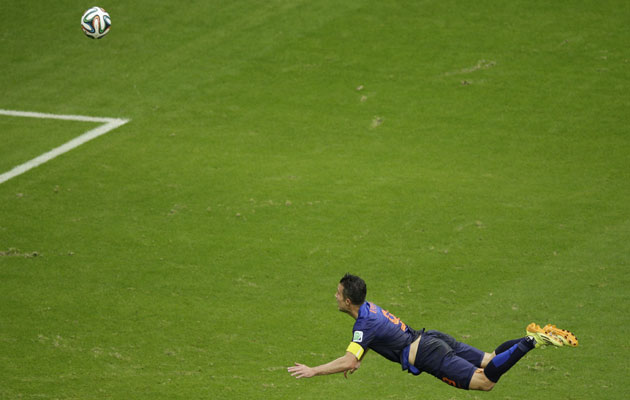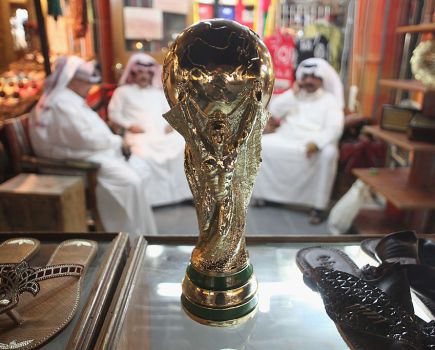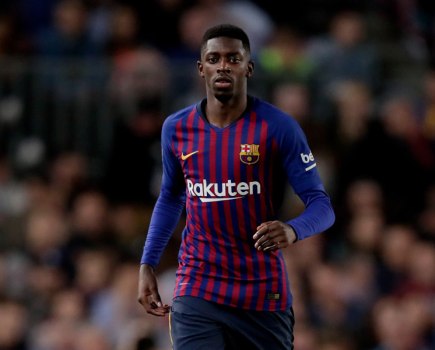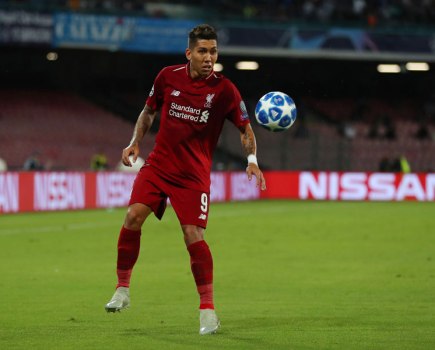In truth, it was more than half-term as far as the match schedule is concerned. Some 48 matches have been played and ‘only’ 16 remain. But this was the first rest day of the final splitting the group stage from the knockout section.
A different rhythm now enters the tournament as well as the football. A draw is no longer enough. From now on it is win or lose. Go on or go home.
At least goals-per-game average of 2.83 and 2.5m spectators so far plus a take-off of the fan fests has created a feel-good foundation which should carry the tournament on towards the final in Maracana in a fortnight’s time.
FIFA secretary-general Valcke had no need to be diplomatic about the tournament. He was free to be positive, aware that the evidence has been all over the world’s televisions for the last two weeks.
“This World Cup will definitely remain as one of the best ever when we talk about football played,” said Valcke with an unspoken caveat about the stage itself. He added: “It’s amazing, the level and quality of the football we have seen and I’m sure it will be the same for the games coming.”
Several of the host cities had whinged and complained about investing ny time, effort and money into the fan fests and Valcke clearly felt vindicated by their success with around 3m visitors recorded.
He said: “The fan fests, which were sometimes an issue in some of the cities, have shown why have we were fighting for them because it is a part of the World Cup. There are so many fans here without tickets and the fan fests provided the reason for them to have a great time.”
Valcke noted that television ratings were setting records far in excess of figures generated by the 2010 finals in South Africa and, in particular, in the United States “where we have reached a level which is unique.”
Equally satisfied was Sports Minister Rebelo.
Even in terms of public security, which had been a major concern, he felt relaxed enought to report “just a problem here and there but that is understandable in an event of this size.”
Airports, hotel sector and urban transport sectors had all coped “according to what we expected,” the finals had created one million jobs, foreign visitors had spent $36m so far and more Brazilians than is usual at this time of the year had stayed home to enjoy the World Cup.
All in all, said Rebelo, “the World Cup is coming along very nicely.”
Valcke has always avoided the hyperbole employed by presidents Rousseff (Brazil) and Blatter (FIFA).
Even he, however, dared concede that “what we have seen is on its way to be the ‘Cup of Cups.’”







